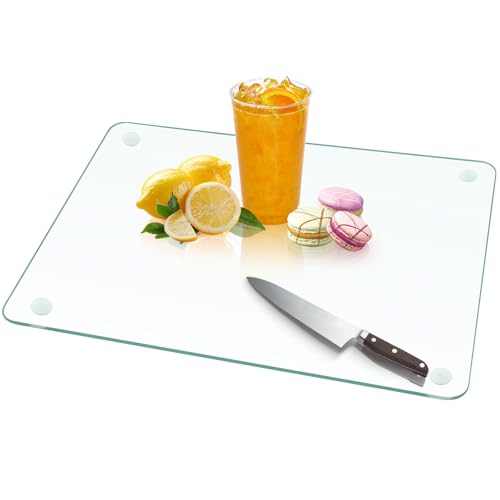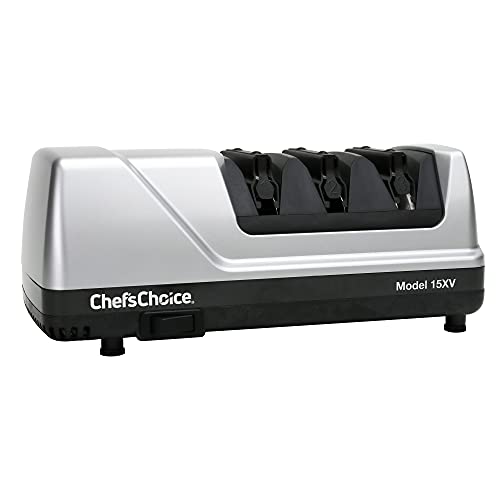I switched my toxic plastic chopping board – and cleaning experts urge you to do the same
Plastic chopping boards harbor bacteria, are porous and can shed plastic into food
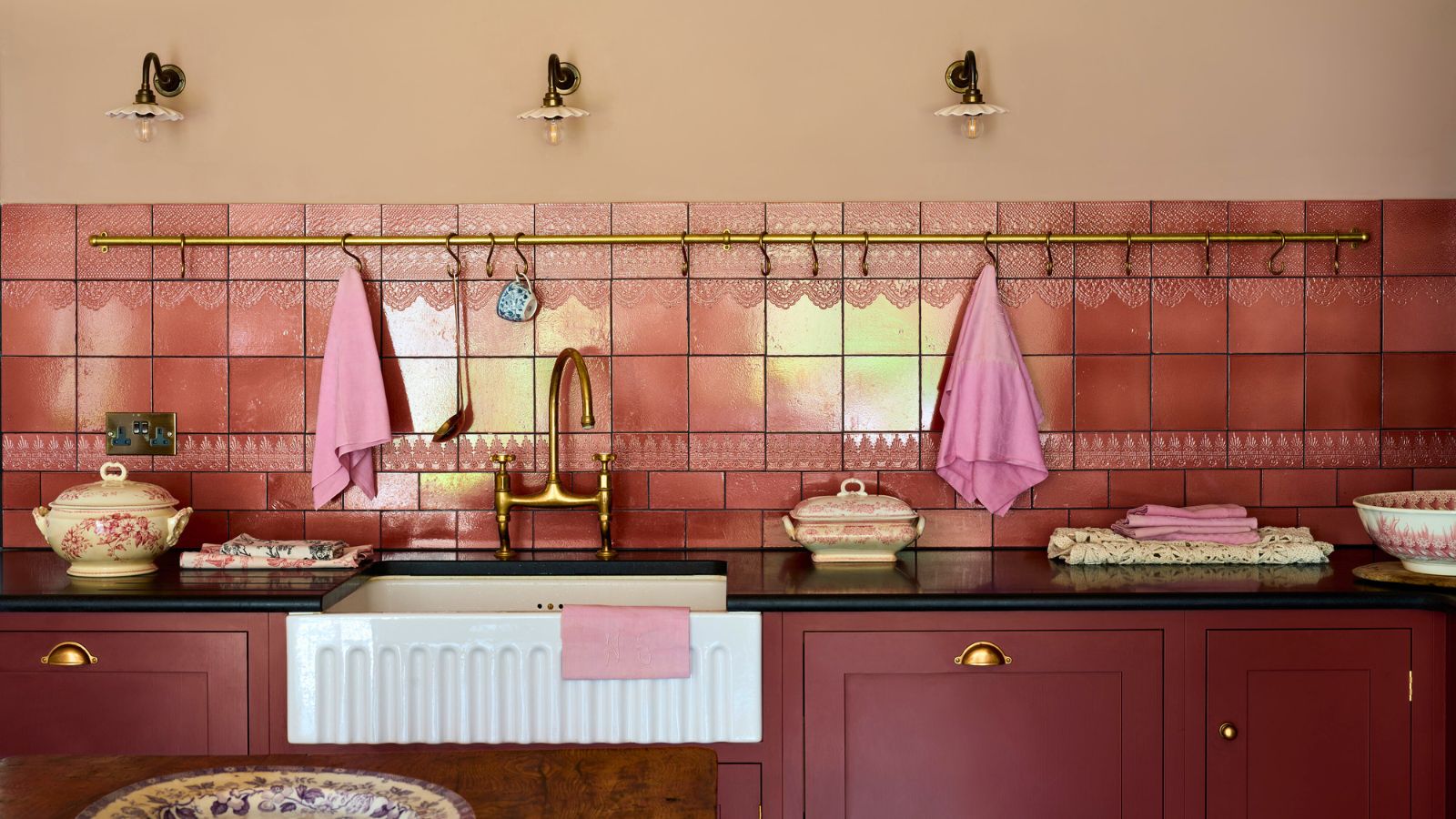

When I first moved into my own home, I got myself a nice set of plastic chopping boards that were color coded to avoid any risk of cross contamination. Then I noticed the slash marks my knife was making in the surface and it gave me a massive ick.
The thought of bacteria embedding itself into those grooves was not paranoia, it was a valid worry. Recent studies show plastic chopping boards harbor more bacteria than non permeable glass, which is why I switched mine to glass and haven’t looked back.
It’s a cleaning tip I will stand by and our cleaning professionals urge you to do the same.
Why non toxic chopping boards are the way forward
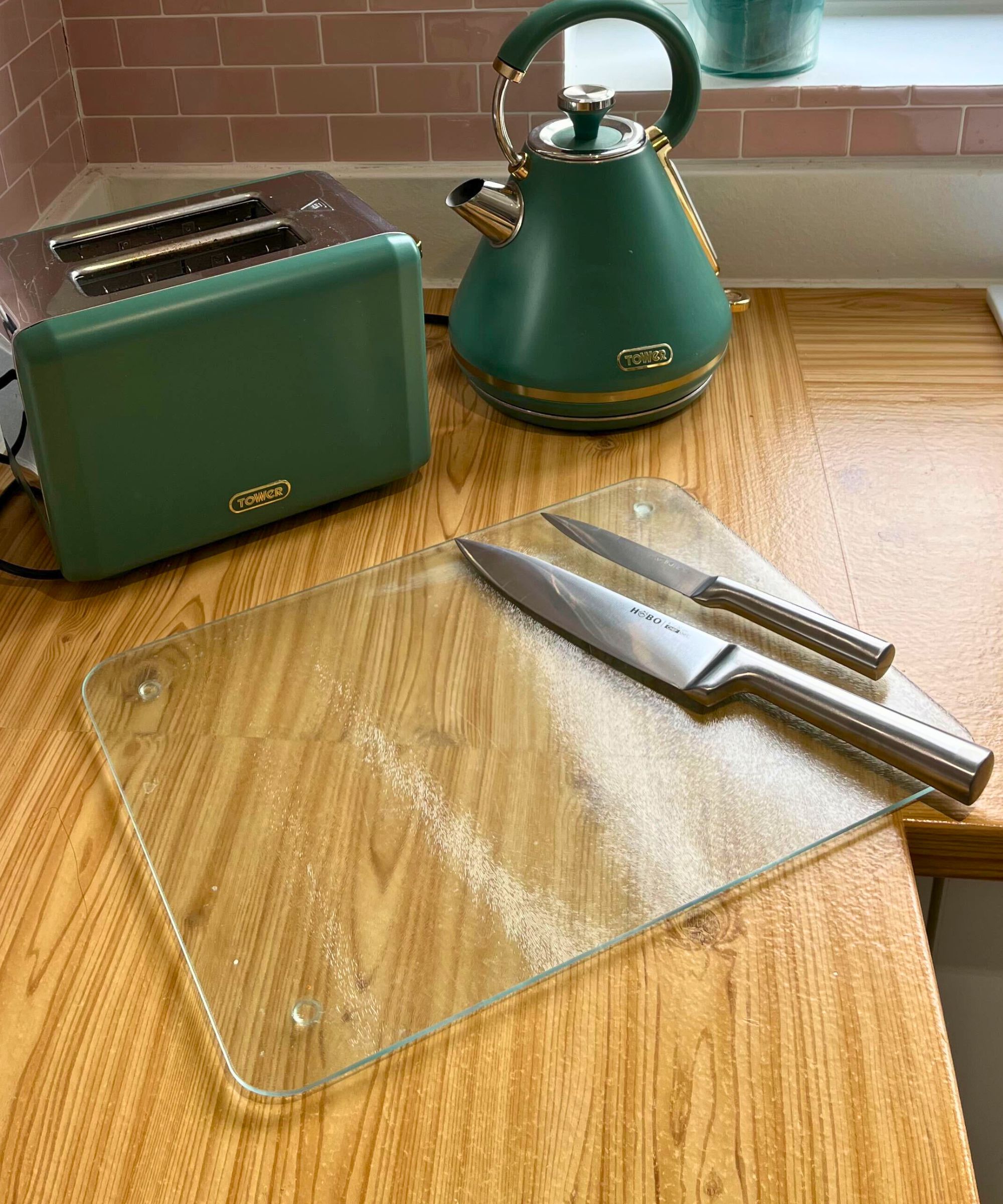
My glass chopping board is non porous
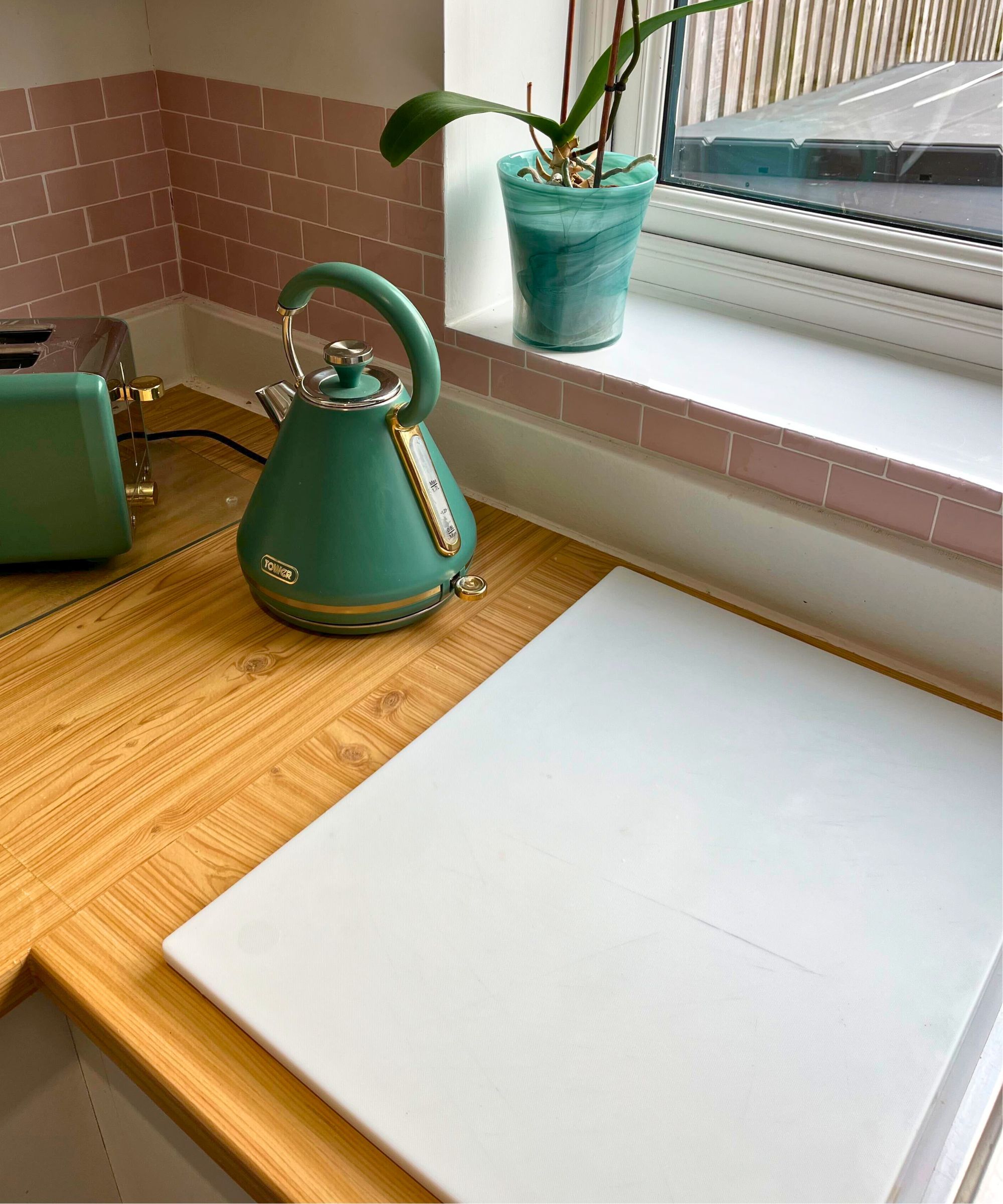
My plastic chopping board was scratched on the surface
I not only worried about bacteria build up and the difficulty of truly cleaning a chopping board, but I worried that when my knife sliced into the plastic, toxic microplastics would get into my food. I wasn’t willing to run that risk for my family’s health at all so I switched to a tempered glass chopping board from Amazon.
Plastic chopping boards are one of the secretly toxic things to get rid of from your home, because even if it’s PFA and BPA free, you’re going to end up with tiny shards of it in your food as it will not withstand the chopping of your sharp knives.
Chiana Dickson, content editor at Homes & Gardens and our resident queen of non-toxic living, says, ‘Ever since I read a study that found that plastic cutting boards were a "potentially significant source of microplastics in human food", I knew I had to make a change, especially as my partner has OCD and one of his triggers is plastic contamination.
'After picking a non-toxic cutting board, we switched to a stone cutting board, such as the natural black Galaxy granite one from Wayfair, a few months back, and we would never go back to plastic. The smooth surface not only doesn't scratch or chip, meaning that it looks nicer on my kitchen counter than the old plastic one did, but it is ten times easier to clean as everything slides right off, even if the board itself is a little heavier to move around.
‘The only downside I have found is that it dulls my kitchen knives more quickly, meaning I had to brush up on how to sharpen knives properly, but I believe it is more than worth the effort if it means protecting our health. The best bit is my partner no longer has to worry about potential triggers when prepping dinner, giving us both peace of mind.'
I have found the same thing with glass, though it’s not an alarmingly fast decline in sharpness. My stainless steel knives go blunt faster than when I was chopping things on a plastic chopping board. However, it's been an easy fix with a great value rolling knife sharpener from Amazon, a sharpener style loved by Bobby Beck.
Glass vs wood vs stone chopping boards
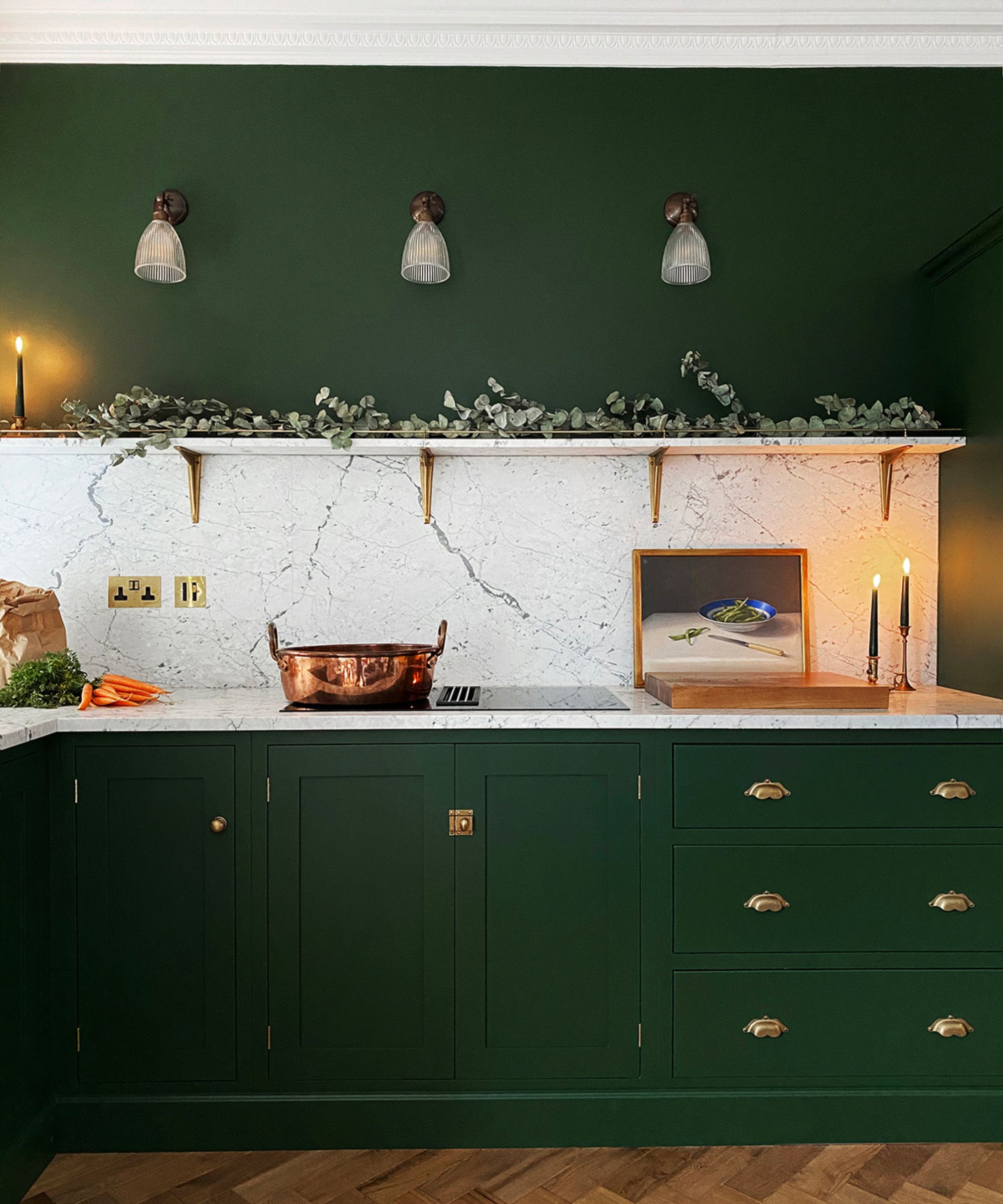
Lydia Hayman, Kitchens Editor here at Homes & Gardens, and professionally trained chef prefers wood to glass or stone, and recommends the John Boos Block, available on Amazon.
She says, 'I think most chefs would advise against using glass cutting boards, mainly because they are really harsh on your knives and can dull them pretty quickly. Cooks are very precious about their knives! I also find glass boards very slippery, which can be dangerous when carving meat or dicing onions.'
Luckily, I've not had any issues with slipping on my glass chopping board, but the surface of mine is textured, and there are rubber non slip dots underneath to avoid movement of the board itself whilst chopping. You can easily add or replace them with anti-slip adhesive rubber dots on Amazon.
Lydia prefers wooden cutting boards. She says, 'These are one of the best alternatives to plastic. Boos Block chopping boards, available on Amazon are a cult-favorite among chefs. They have a lovely, smooth surface which allows knives to glide effortlessly through ingredients, making prep work a breeze. The downside is, they can stain easily and require maintenance such as wood oiling.'
Another alternative to consider are rubber cutting boards, a firm favorite of Japanese chefs. Lydia explains, 'They offer a really soft, knife-friendly surface. Rubber chopping mats are also non-porous, known for their antimicrobial properties, and very easy to clean and maintain. For this reason, they’re usually used by sushi chefs. They should be non-toxic, if you choose BPA and phthalate-free options.'
What to shop
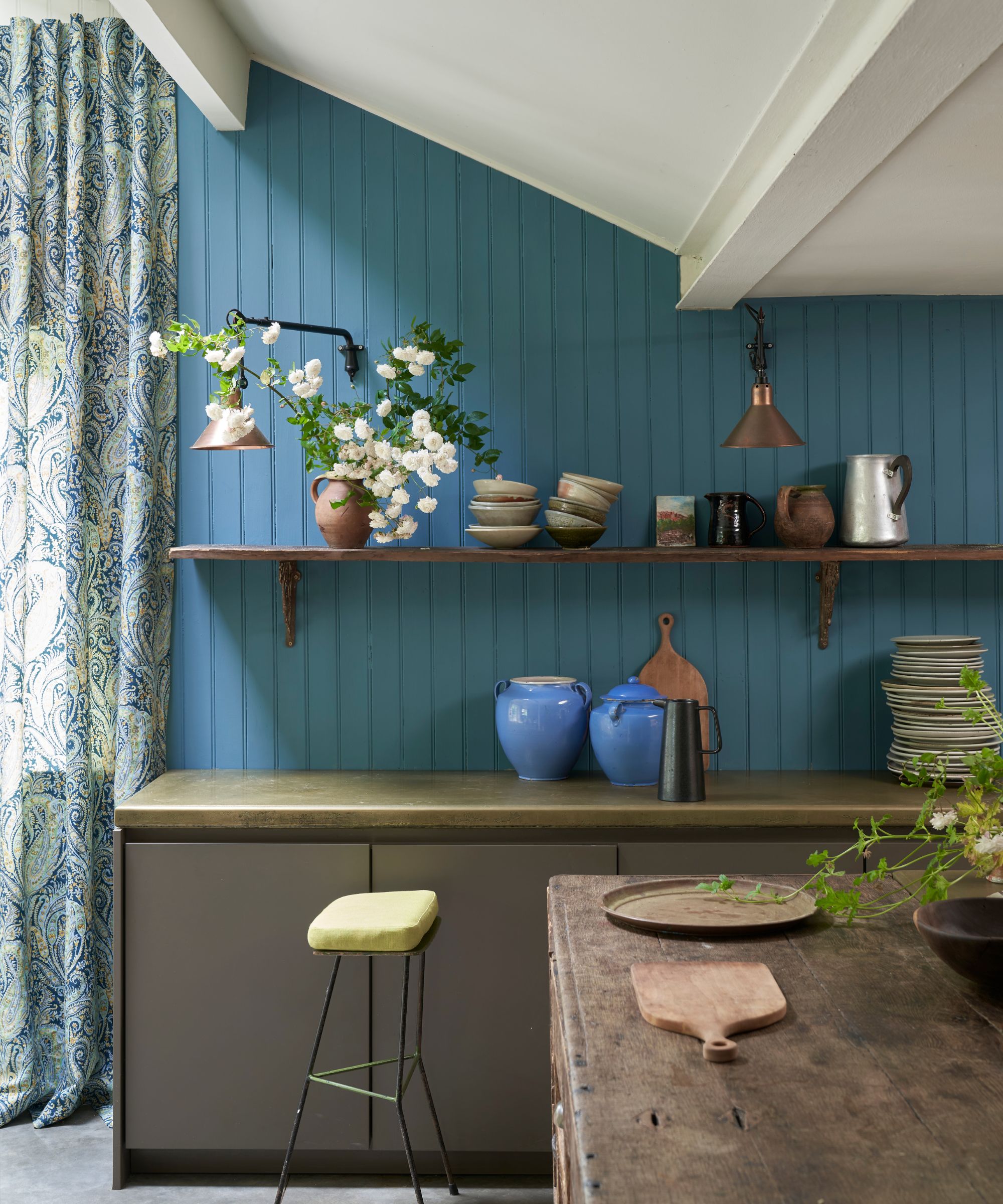
There are a multitude of options when it comes to replacing your chopping boards. These are our top picks.
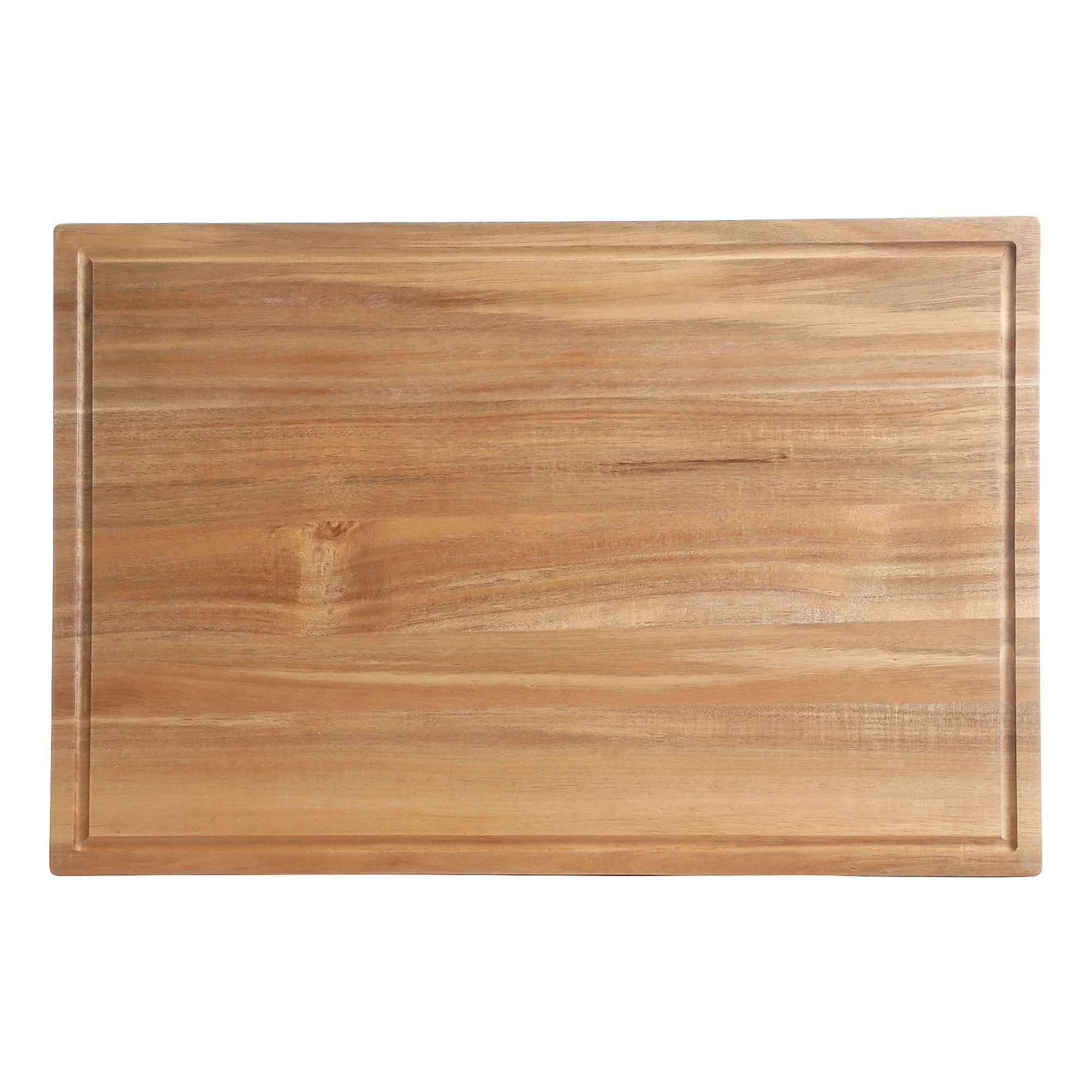
This durable chopping board is made from naturally oily and anti-bacterial acacia wood. It’s hand wash only so avoid putting it in the dishwasher to keep its natural oils and surface intact.
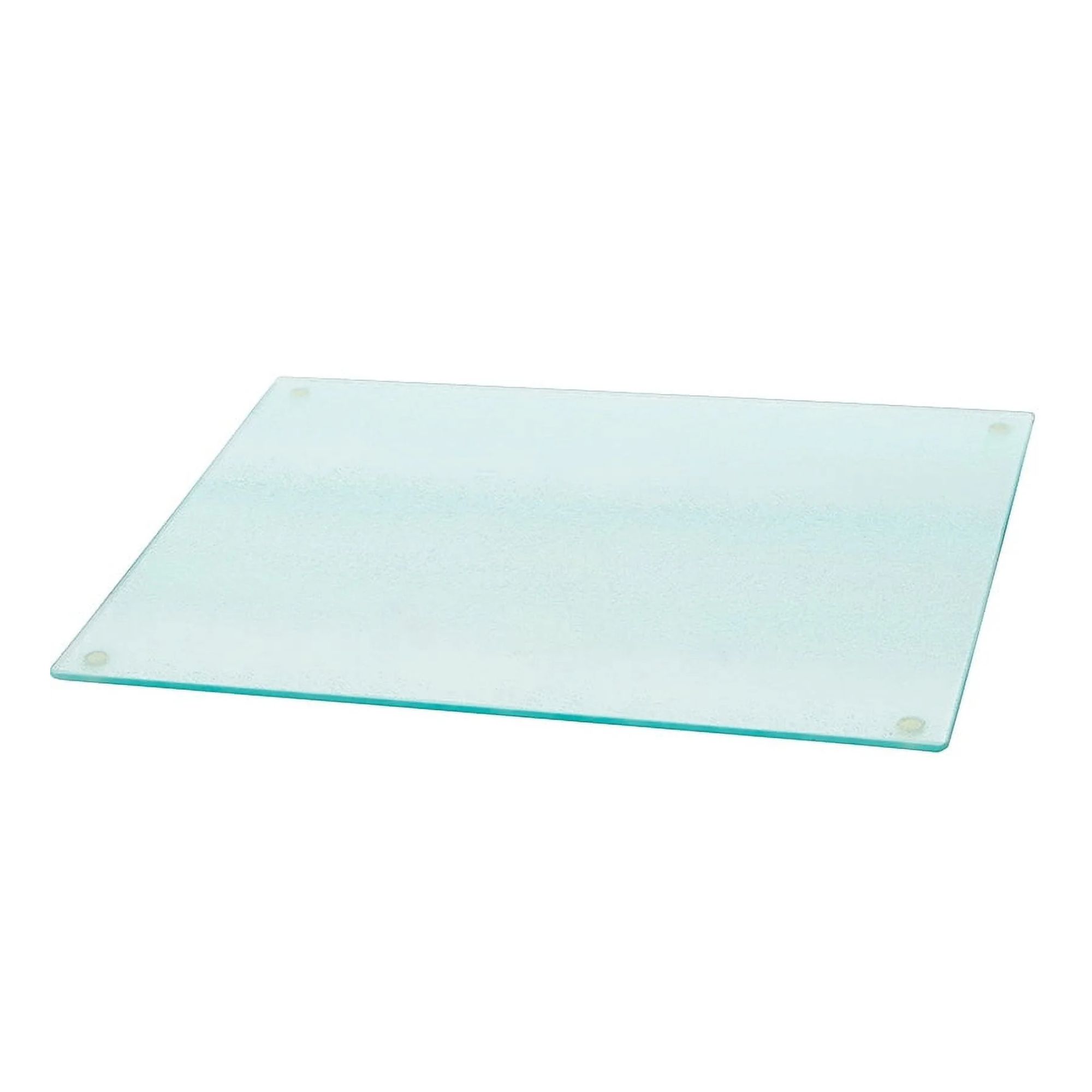
A large glass chopping board like this is my personal favorite. It’s easy to clean and dishwasher safe, doesn’t get scratched up by your knife, and protects your counters too without adding visual clutter.
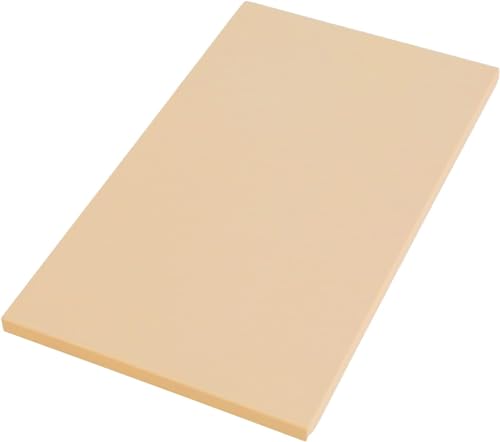
Made in Japan, these rubber chopping boards are non-porous, easy to clean and available in multiple sizes. These are hand wash only.
Now I’ve got a glass chopping board, I will never go back. I’ve swerved stone as the sensation of a knife touching stone makes my hair stand on end but if you don’t have that visceral reaction, a beautiful stone chopping block may be the one for you.
If you opt for a beautiful wooden one, learning how to care for a wooden chopping board properly will extend its life and keep it in great condition for longer.
Design expertise in your inbox – from inspiring decorating ideas and beautiful celebrity homes to practical gardening advice and shopping round-ups.

Punteha was editor of Real Homes before joining Homes and Gardens as Head of Solved. Previously, she wrote and edited lifestyle and consumer pieces for the national press for 16 years, working across print and digital newspapers and magazines. She’s a Sunday Times bestselling ghostwriter, BBC Good Food columnist and founding editor of independent magazine, lacunavoices.com. Punteha loves keeping her home clean, has tested and reviewed the latest robot vacuums, enjoys cooking, DIY, and spending weekends personalizing her newly-built home, tackling everything from plumbing to tiling and weatherproofing.
You must confirm your public display name before commenting
Please logout and then login again, you will then be prompted to enter your display name.
